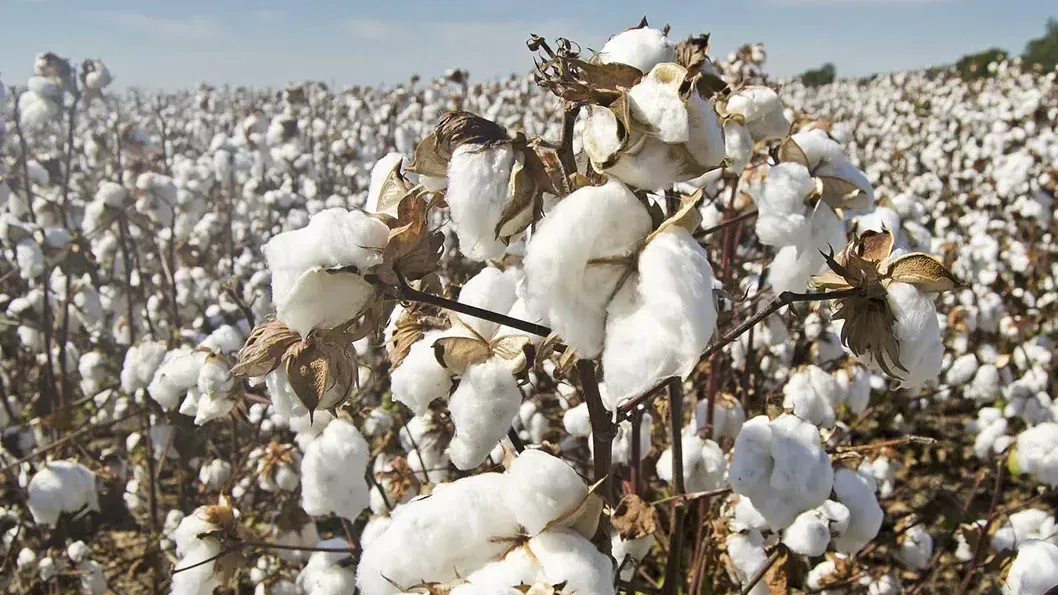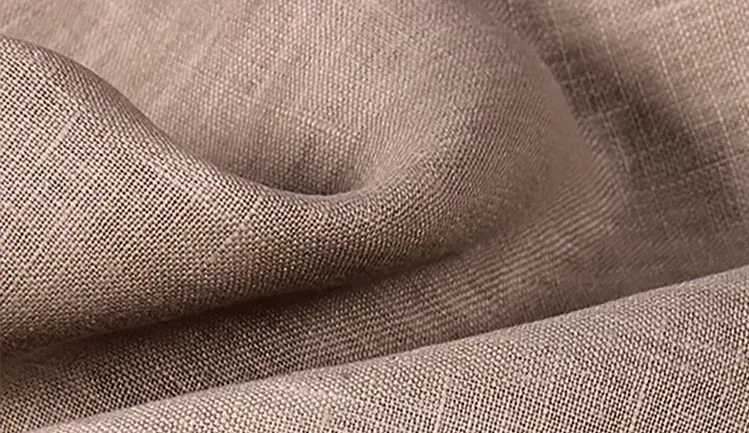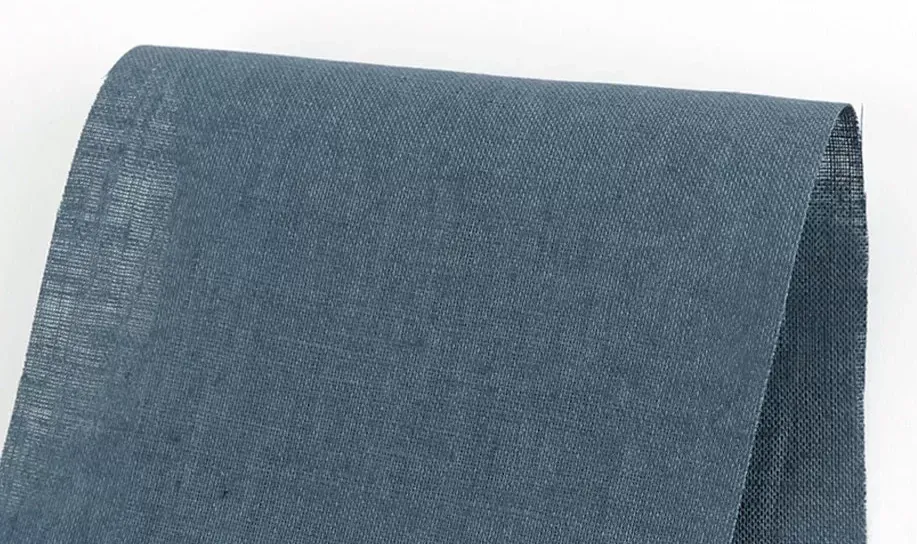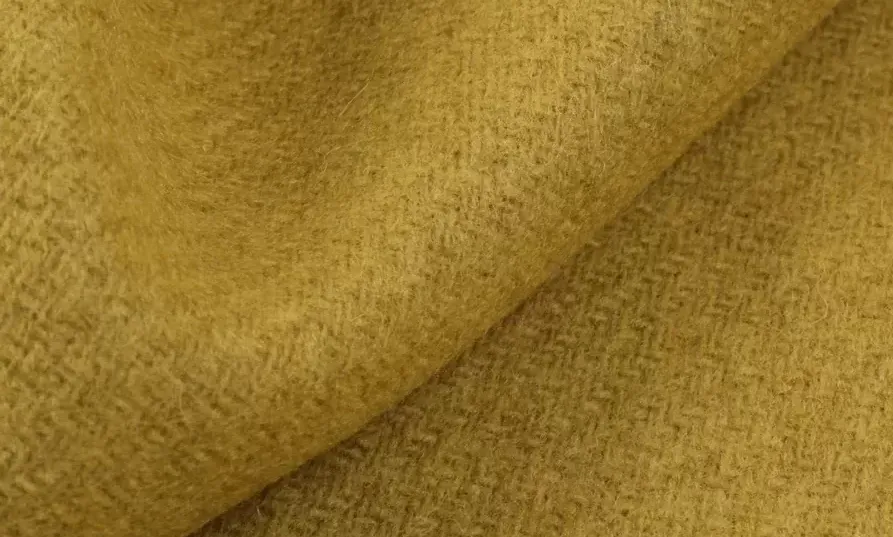As environmental awareness grows, the textile industry is increasingly focusing on sustainable materials. Fashion brands and consumers are prioritizing lower-impact fabrics and fibers to reduce clothing production’s environmental footprint. Knitting machines also play a role in enhancing sustainability by efficiently processing these eco-friendly materials. Here, we explore some of the best sustainable fabrics and fibers available, each with unique benefits for eco-conscious manufacturing and ethical fashion.
Recycled cotton is created from pre-consumer or post-consumer cotton waste, often sourced from discarded clothing or leftover textile scraps. Repurposing this waste into new fabric reduces the demand for virgin cotton, which is resource-intensive, requiring large amounts of water and chemicals. By using recycled cotton, manufacturers decrease the need for additional water, fertilizers, and pesticides, thus lowering environmental impact significantly. However, it’s worth noting that recycled cotton fibers can be weaker, which is why they’re often blended with other sustainable fibers to enhance durability.

Known as one of the most eco-friendly plants, hemp grows quickly and requires little water, pesticides, or fertilizers, making it an excellent choice for sustainable textile production. Hemp also improves soil health by replenishing nutrients and preventing erosion, making it beneficial for the surrounding environment. Organic hemp, in particular, avoids synthetic chemicals during cultivation, resulting in a natural, low-impact fabric that’s durable and versatile. Hemp fabric is breathable, softens over time, and is biodegradable, making it a popular choice in sustainable fashion for items like jeans, t-shirts, and outerwear.

Linen is made from the flax plant, a crop that requires minimal water and pesticide input. Like hemp, it can grow in poor-quality soil and improves soil health as it grows. Organic linen, produced without synthetic chemicals, further minimizes environmental impact. The production of linen requires significantly less water than conventional cotton, and the resulting fabric is lightweight, breathable, and biodegradable. Linen’s natural texture and versatility make it suitable for various clothing types, from summer dresses to light jackets.

Wool is a natural, biodegradable fiber known for its durability, insulation, and moisture-wicking properties. Recycled wool, produced from post-consumer wool garments or factory scraps, helps minimize waste by repurposing existing materials. Recycling wool conserves resources and energy that would otherwise be used in sheep farming, which has a substantial environmental impact due to land use, methane emissions, and water consumption. The resulting recycled wool fabric retains wool’s beneficial properties, including breathability and warmth, making it ideal for sweaters, scarves, and other winter garments.

TENCEL Lyocell is a type of man-made cellulosic fiber (MMCF) produced by the Austrian company Lenzing AG. Made from wood pulp, TENCEL Lyocell is known for its eco-friendly closed-loop production process, in which 99% of the chemicals and solvents used in fiber production are recycled and reused. This method reduces water and energy consumption and limits harmful waste, making TENCEL Lyocell a low-impact alternative to traditional fibers. Additionally, TENCEL Lyocell is softer and more absorbent than cotton, has a smooth texture, and is suitable for various clothing items, including shirts, dresses, and activewear.
Bamboo is another fast-growing plant that requires little water, no pesticides, and minimal land space, making it an appealing sustainable resource. Bamboo fabric can be produced in two ways: mechanically, which is more eco-friendly, or chemically, which involves using chemicals to dissolve the bamboo. While mechanically produced bamboo is lower in environmental impact, it’s relatively rare compared to bamboo viscose, which uses a chemical process. Still, when sourced responsibly and produced in a closed-loop process, bamboo fabrics offer a soft, breathable, and eco-friendly alternative to conventional textiles.
Polyester is one of the most widely used fibers in the textile industry but has a high environmental cost, as it’s made from petroleum-based materials. Recycled polyester, often sourced from plastic bottles or discarded polyester garments, helps reduce plastic waste and the need for virgin polyester production. By repurposing these materials, recycled polyester uses up to 50% less energy and emits fewer greenhouse gases compared to its virgin counterpart. Additionally, recycled polyester can be blended with natural fibers, offering durability and performance benefits in activewear, outerwear, and everyday clothing.
The shift towards lower-impact fabrics and fibers is vital for reducing the environmental impact of the fashion industry. Materials like recycled cotton, organic hemp, organic linen, recycled wool, TENCEL Lyocell, responsibly sourced bamboo, and recycled polyester each provide unique benefits for sustainable clothing production. By choosing fabrics with a reduced footprint, fashion brands and consumers contribute to a more sustainable and environmentally friendly industry, helping to protect our planet for future generations.



